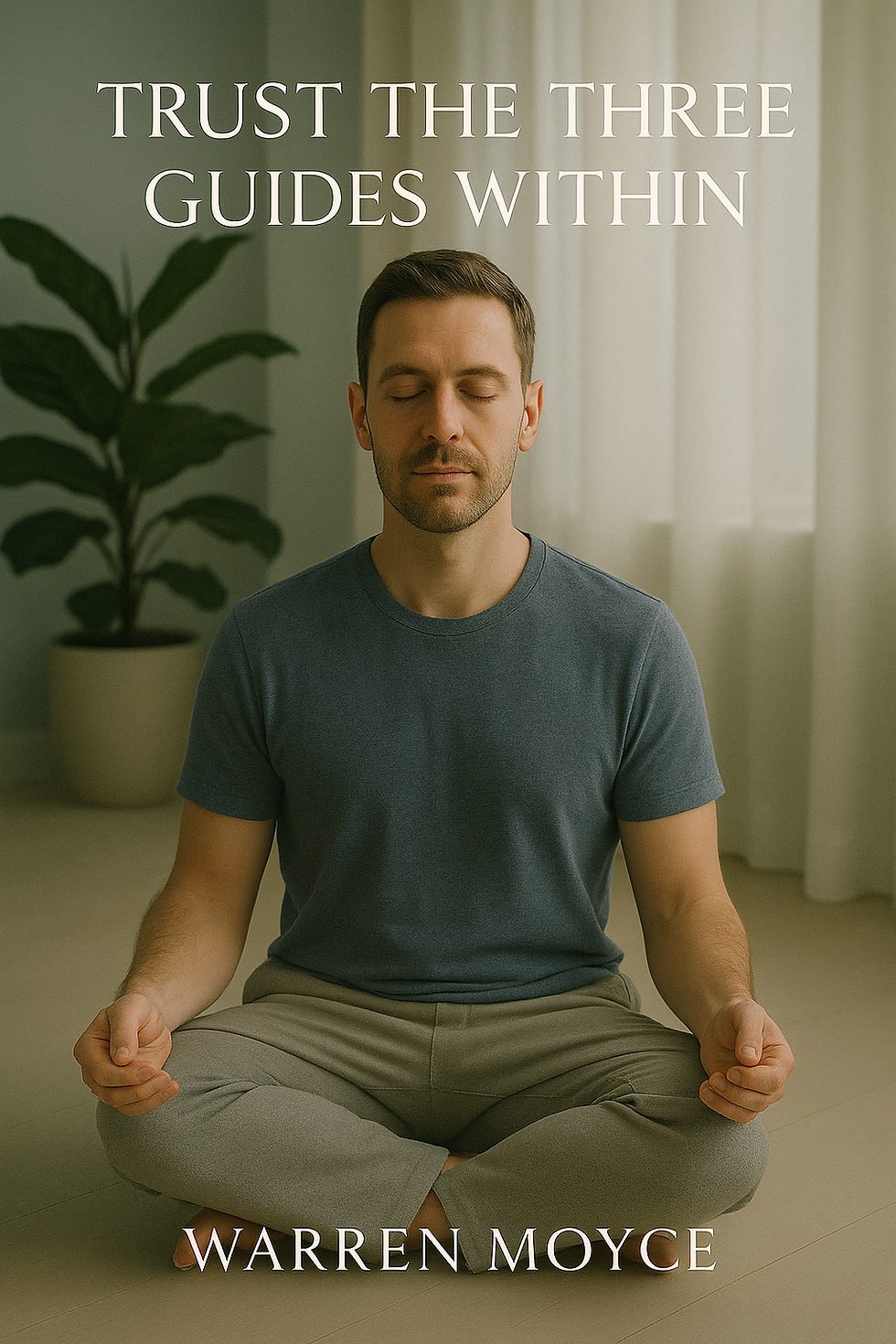The Timekeeping Nature of Conflict: How Moments Define a Lifetime
- Warren

- Nov 1
- 3 min read
Updated: 5 days ago
Conflict is more than just a disagreement or a heated exchange. It is a timekeeper, marking moments in our lives that shape relationships, memories, and even our sense of self. Whether we realize it or not, every conflict leaves an imprint. It can define how people remember us, how we remember them, and how we see ourselves long after the moment has passed.
This is why we must be mindful of how we show up in these moments. We have a choice. We can either use conflict as a moment to grow, learn, and strengthen connections, or we can let it become a point in time that we spend years trying to undo.

Conflict as a Defining Moment
Think about the most intense conflicts in your life. Whether with family, friends, colleagues, or even strangers, these moments likely stand out in your memory. You may not remember the details of every conversation you have had, but you will remember the words spoken in anger, the actions taken in frustration, and the impact they had.
Conflicts often act as emotional timestamps, cementing specific feelings and experiences into our minds. A single argument can permanently alter a relationship, either breaking it or deepening it depending on how both people handle the situation.
Some people spend years trying to repair the damage caused by one heated moment. Harsh words said in anger can be difficult to take back. Betrayal, even if unintentional, can leave lasting wounds. On the other hand, approaching conflict with awareness and emotional intelligence can turn a tense moment into a breakthrough that strengthens a bond rather than shattering it.
The Power of Choice in Conflict
Every conflict presents a choice. You can let emotions take control and react impulsively, or you can take a moment to respond with intention and wisdom.
You Can Choose to Pause
In the heat of the moment, it is easy to let anger or frustration dictate your actions. Taking a deep breath, stepping back, and pausing before reacting can make all the difference. A moment of restraint can prevent words you might later regret.
You Can Choose to Listen
Most conflicts arise because people want to be heard. Instead of thinking about your next response while the other person is speaking, truly listen. Understanding their perspective does not mean you have to agree, but it allows for a resolution that respects both sides.
You Can Choose Growth Over Ego
Pride and ego often fuel conflicts that could otherwise be resolved. Letting go of the need to be right can open the door to real solutions. Admitting mistakes, apologizing when necessary, and being open to change are choices that lead to stronger relationships.
You Can Choose to Shape Your Future
One moment of conflict does not have to define your life, but how you handle it can shape the future. A well-managed conflict can lead to understanding, deeper connections, and personal growth. An uncontrolled reaction can create wounds that take years to heal.
Living with Intention in Difficult Moments
Being mindful in moments of conflict is not about avoiding disagreements. Conflict is natural, and in many cases, necessary for growth. The key is how we navigate these moments.
Ask yourself how you want to be remembered in this situation.
Consider whether your response aligns with your values.
Think about whether your words and actions will lead to resolution or regret.
You can take a moment to shape your lifetime, or you can spend a lifetime trying to make up for one bad moment. The choice is always yours.








Comments